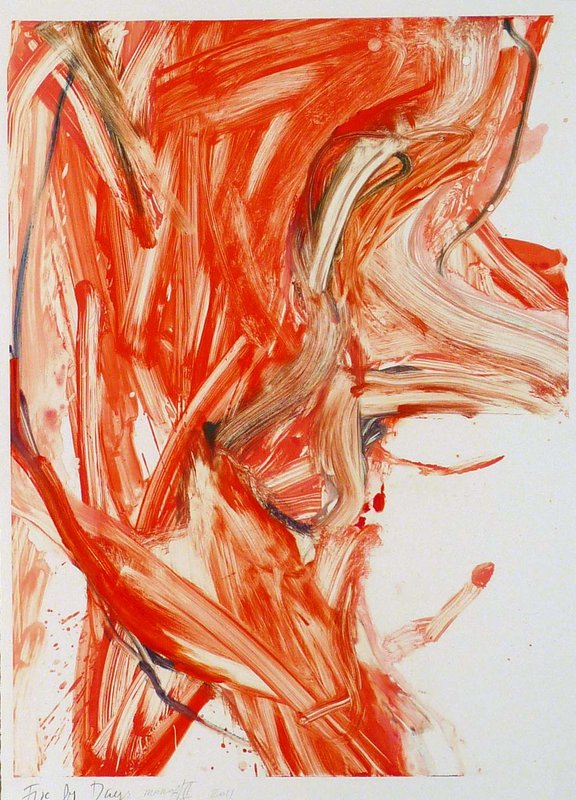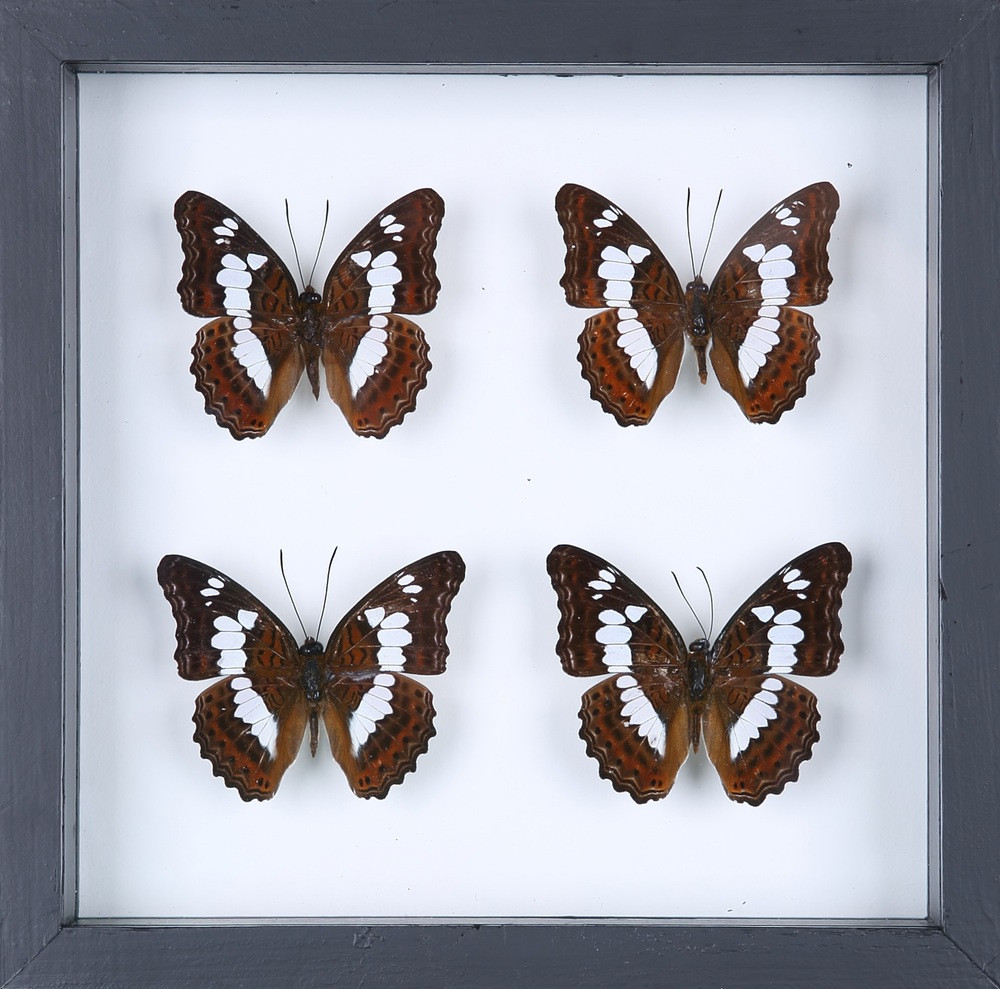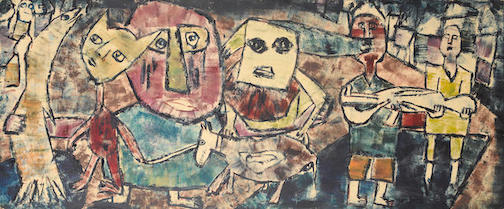by: Jennifer Pons
These poems by Jennifer Pons, which are her first to be published, question what it means to confront the world and the intersecting layers of personal and collective history as an embodied self — an experience that returns us to the central, inexplicable, and often violent, mystery: “During the cool pause of morning/ my face/ with the intention/ of eating flowers,/ and you, climbing inside./ I believed.”

Glossolalia
My white tongue like my white skin, born
as woman tongue licking my lips
with an appetite for cursing, such is my tongue
that longs for the oneness of our tongues.
Now, define me by my churched tongue, inches
away from a once raped tongue,
and you will miss forever what makes sense of tongue.
Too forgiving was my tongue then
that said nothing, as nothing in my mouth
could recover the mercy of tongue.
Not cow or pig or goat tongue, mine never tongue simmered
on the stove, never eaten as nourishment or ritual.
Not an animal tongue but a creature tongue,
begging for food, food for my sisters in the heat, in the fields,
their skin sliced to pieces, losing their tongues
in the sear of cold, the blind of sun, for lack of speech–
for lack of tongues. For lack of tongue understanding
and justice. And I, like them, have been called whore
with a split tongue by a man pacing the sidewalk like a panther,
captive to his tongue lolling about a red mouth,
my children gathered into my skirt, pleading with my mother tongue
to shield them from animal, from whore, from rape, from white,
from poor, from man, from devil, from devil tongues.
And now and again my swollen belly tongue, bearing
down inside my bones, my blood tongue,
my tongue stuffed in a bag and carried about to fancy shops,
shape shifting my tongue story, peddling my sadness of time
spent bound because my tongue is my sex, is my sex-tongue
born to the white woman middle-class whore bearer
of water and ashes tongue…longing
to meet your tongue again and again
with my very real tongue, running far
from the tender underbelly of earth bound tongues
kneeling before painted lady statues, crying crying tongue.
Warm tongue, foreign tongue, hear my sinning tongue
adopted by the trees tongue, as seen by the sea
tongue, so salty and tear stained, a love tongue,
come here, breathe scent of kissing tongue.
Far away far away shhhh shhhh shhhh shhhhhhhhh
hush now tongue, the bees put the sting in my tongue
and you, kissing it out of my mouth, rubbing
your sweet honey over my tongue, my wandering tongue.
My flamenco tongue, my dancing to guitar tongue, my moving
hips tongue and me wanting to fold my tongue
back down my throat, fearing the sins,
saving my body from the world tongue (from your body).
My tongue wanting to whisper the tenderest words
to the children, to the street women, to the fathers
that don’t believe in miracles and the mothers
holding their tongues between their knees. My tongue,
waiting for a kiss ssss a kiss ssss ssss ssssssss
from an intervening god, holding all tongues in his hands.
And if they drive a nail through my tongue,
I still will not speak the hush hush hush hush
shhhhhhh ways of my secret tongue,
of my desert tongue, thirsting for water tongue,
deep sea diving tongue, speaking freely to the eels tongue,
with the fishes tongue, glorious anemone tongues moving
with the stars tongue– rolling rolling
down the mountain, becoming atomic, almost resurrected
in tongue and breath on the quest of tongue and truth, grieving tongue
within the deepest spaces of ancient places, running
towards the tongues of history which have captured
me, the very nature of human tongue–of lament
for my own tongue of strangeness. I want to speak
though this tongue crushes. The dying and rising
of tongue. Of peace. Of silence. Of language
at the heart of my tongue.
Vertebrate Kingdom
Did I mention how a small fish swam to my shoulder in the cold lake and broke it? The bone. The weight of one tiny swimmy fish broke me and where bone poked through torn flesh it fell deep into my body, fins folding in and slime slicking the iridescence of fish skin burrowing under human skin. The fish inside swam its way through every sensation of wriggle until in my ear it bubbled: “Is it possible to straddle soil and water, waiting for those who sleep without fish inside to wake and dive into the rush of water? Who decides anyway which are given fish interior? Who decides the slicing gills or sponge of lungs?” said Fish.
Every creature waiting in water, also on land, sucking in atmosphere greedily gulping for a sign to wriggle and dive, and I get a lively sage of a fish…
Perhaps it’s not the brokenness to fear but the mend. Perhaps not the bones but the muscle.
Your Exile
Blue is an uncomplicated color
and thirst
is not always about water.
Wherever exile is–
the women will need you
to bandage their wounds,
to press and rub their achy necks,
your hands slick with oil.
You held mine far too long
without looking
into my face.
It was me. I ruin things.
I burned up the sun.
I drank up the sea.
I set fire to every field beyond shore.
I believed
you would climb inside
with the intention of eating
my face
during the cool pause of morning.
During the cool pause of morning
my face
with the intention
of eating flowers,
and you, climbing inside.
I believed.
Blue is a complicated color
and thirst and water
can drown a man
who sleeps in puddles.
Wherever exile is–
the women will want
to bandage your wounds.
You will want to break
their necks with your mouth.
You will want to eat figs
balanced on their shoulders.
I ruined the sun.
I drank the sea.
I burned the forest
and spit out the flowers.
I can’t blame you
for knowing how to eat fruit.
You buried your hands
between my thighs
during the cool pause of morning
without looking at my face.
Wherever exile is, you
will be thirsty, longing
for women in water.
Longing to be seen through the glass sheets,
a magazine spread over your thighs;
the complication of shore
and blue sky pressing down
on your head, flowers by your ankles.
Originally from Brookfield, Illinois, Jennifer Pons-Wilber received her B.A. in English from the University of Montana and was awarded a teaching fellowship at the University of Arizona while pursuing her MFA in Poetry. She’s lived at least nine lives in almost as many states, traveling and taking in trails both backcountry and urban. For two decades she has taught poetry, writing and literature in many classrooms including Portland, Oregon where she now resides with her lively family, and the rain. Tidings is her current manuscript in progress.






Glossolalia is more shamanic incantation than poem. How do I respond to such a work? Hang it on the wall like a painting and allow it to teach me? Empty my mind and let the rhythms tap my chest? It’s beautiful. When I’m ashamed of being human I will refer to Jennifer Pons, who should be proud, who makes me proud. Each of the three poems demonstrates that it’s not about the poet but about the gods who use us as poets. The shaman/poet has the wisdom to move out of the way and let more ancient forces speak. I read these pieces again, and yet again.
I am ashamed to only now being saying…thank you! A friend told me about your words above. How grateful I am for how you read and see. Thank you thank you, Mr. Rosch…
Jennifer, in my twenty-something years of publishing on social media I have amassed maybe a total of fifteen comments (other than Facebook “likes” etc), and I feel so f…cking ignored. It’s heartbreaking. You do your passionate best work and nothing happens, nothing….Then I see some piss-ant mediocrity racking up dozens of comments for one insipid post. Aaargh! I understand and am grateful for your gratitude. You deserve a zillion comments but that’s the way it goes. Getting attention is so difficult. One comment can make your day, your week, maybe your year! I’m glad I read your poems and said something about them.